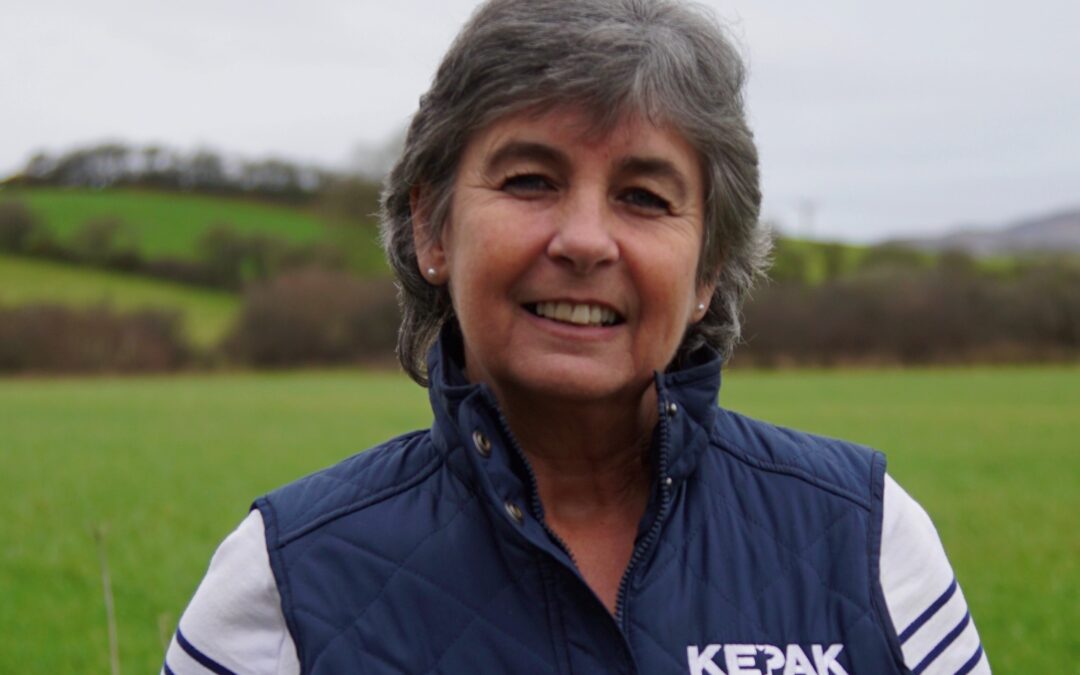Julie Finch, (pictured), Agriculture Governance & Compliance Manager with Kepak, tells us about the importance of sustainability and why they support the TWSBB.
“Kepak is a food company serving international markets, restaurants and household foodservice names with prime cuts of red meat, on-trend foodservice solutions and ready-for-market convenience foods,” she explained.
“We work with more than 5,000 beef and lamb farmers who supply our three UK sites, which includes our Bodmin site in Cornwall.”
Kepak CORE is the company’s sustainability framework – it sits at the very at heart of the business and helps to ensure that Kepak’s customers receive consistency of quality and supply.
“This builds confidence for our customers that our beef and lamb is produced in a sustainable way,” Julie added.
“All of our livestock are Farm Assured and produced in line with our Kepak Code of Practice.
“We work closely with our beef and lamb producers to share good practice and we encourage their participation in projects and activities that will help to enhance their economic and environmental sustainability.”
The South West of England is a key area for the company’s supply and for its PGI Westcountry beef and lamb in particular. It has around 400 beef and lamb suppliers who farm in the Tamar catchment.
Working with WRT
“Membership of the TWSBB has brought us much closer to other businesses and organisations that work in the region.
“Water quality and the effective use of our natural resources sits within our Kepak CORE approach and being part of this collaboration means we are able to help support positive change throughout our supply chain.
“It has enabled us to target key messages at our beef and lamb suppliers in the larger Tamar catchment, to generate information on some of the current farming practices in the Lyd catchment and to direct them towards support where it is needed.
“We have also been able to build on these new relationships and have undertaken collaborative work with beef and lamb specialists within WRT, which has helped us to develop a greater understanding of the impact of beef and lamb production on water quality and to identify potential issues and practical solutions to help minimise the impact of production on water quality.
“Through our weekly business communications across our UK beef and lamb supply chain, this relationship has not only benefitted our suppliers in the South West but enables us to share that knowledge more widely with our beef and lamb producers right across the UK.
“The knowledge we have gained also enables us to provide meaningful input to the Industry dialogue regarding sustainability and use of water resources for beef and lamb production.”
To find out more, visit: kepak.com/about/sustainability/

